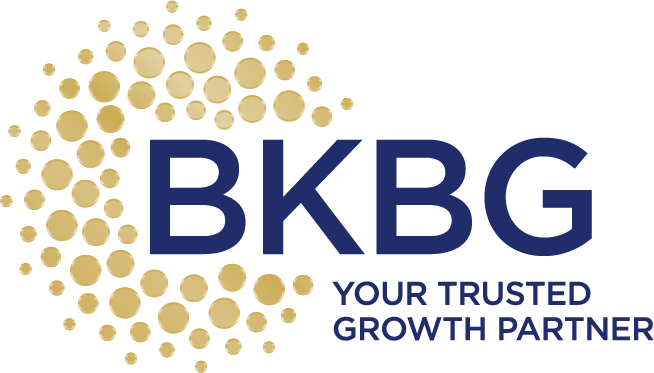Performance Reviews that Enhance Performance
This is the time of year that many owners and managers are tasked with reviewing the performance of their team members. Many year-end reviews are not much more than a compensation review. How can you provide feedback that motivates your team members to up their game? Start with establishing goals for the review. Typically, performance reviews are designed to provide positive feedback on how well someone is performing and provide guidance that will help the team member develop professionally. Multiple studies have found that work experience is responsible for about 70% of professional development learning necessary to climb the career ladder. The other 30% is divided between formal courses and learning opportunities and life experiences or those activities people engage in outside of the workplace.
An effective performance review is to direct team members to prioritize their opportunities and understand what they are accountable for, what you are accountable for, and what the company/property is accountable for. The higher you climb the career ladder the more dependent you become on others’ performance. That’s why helping your team to perform more effectively is in everyone’s best interest.
It may seem obvious, but an effective performance review evaluates the ability of a team member to meet expectations. Those expectations have to be articulated and agreed to in advance. Second, managers must make the time to provide quality feedback to their team members to avoid the possibility of employees feeling confused or undervalued.
Managers providing reviews need to determine the causes of team members’ performance. What are the reasons why a team member is not meeting expectations or goals? It is because they are not motivated? Do they lack the skill or training necessary to be successful? Would different incentives or processes make a positive difference? Is the person in the right place? Would an improvement plan be viable solution? Conversely, if you have a high performing team member or team what will be necessary to retain, reward, and learn from those top producers?
Five Components of an Effective Performance Review
Explain the purpose of the review. You can explain that the goal of the review is to identify performance that has met or exceeded expectations and identify actions that the team member needs to take in the coming year to continue to advance and become more successful.
Articulate strengths and weaknesses. The more specific and descriptive the review, the better chance that the team member will take to heart the feedback and guidance provided. Instead of pointing out that your budget presentation to the owner was not successful, explain the reasons it did not succeed. “The presentation did not include an accurate picture of vacancy loss, provide contingencies in the advent of bad winter or address the impact of ongoing capital improvement projects.” By pointing out the reasons why the team member failed to meet expectations, you are providing a roadmap for corrective action that the team member and manager can agree to.
Explain the effect of the employee’s performance on goals that you are trying to achieve. If instead of telling a leasing agent that he has a hard time connecting with prospects, offer guidance for improving his ability to connect. You may offer questions that the leasing agent should ask to help establish a better relationship. You may suggest approaches that have worked for other team members to connect.
Seek feedback. Performance reviews need to be a two-way conversation. Most team members want to know if their manager is pleased with their performance and how they can improve personally and professionally. Ask you team member if your evaluation makes sense. Is there something that you are missing? What resources would you need to be more successful? The goals for our community are X, Y, Z. Do you understand those goals and are they realistic? If no, why not?
Agree to the next steps. During the review, both manager and team member should agree on the next course of action and what resources are available to assist the team member achieve their goals.
Monitor progress. Too often nothing happens after a review. Instead, develop a schedule that provides feedback continuously. Providing constructive feedback and guidance are keys to attracting and retaining top talent. It also sends a loud and clear message that the manager truly cares about the team member and is committed to helping them succeed.
